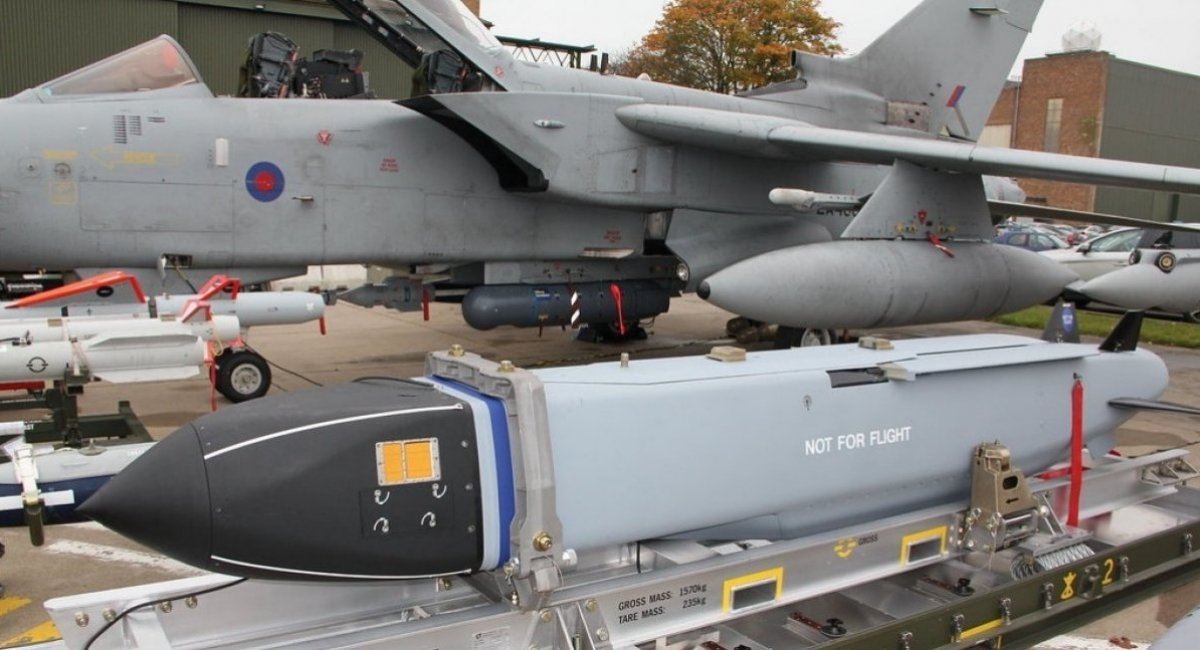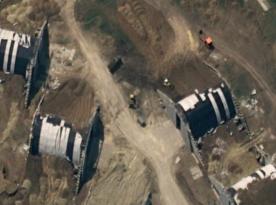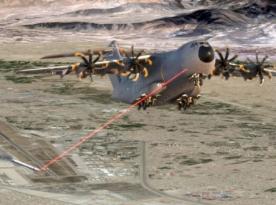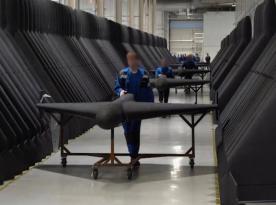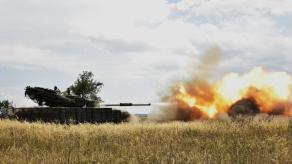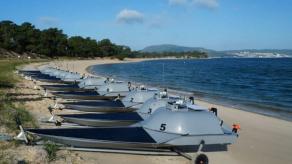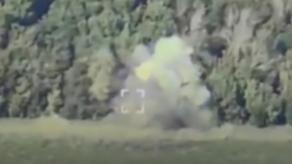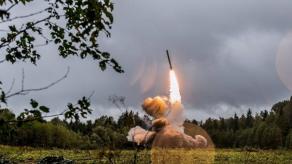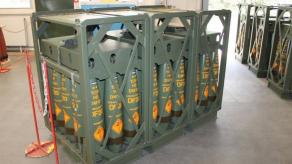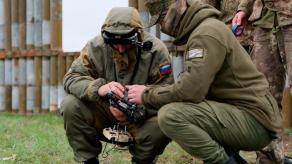Great Britain's Storm Shadow air-to-ground cruise missile really deserves attention. If we summarize all the known data from open sources about the use of this missile, we can note a certain injustice in that the Storm Shadow "remained in the shadow" of more "famous" samples, such as the Tomahawk. Although, on the other hand, it may look logical, given the quantitative indicators of the use of these missiles. For example, if in 2003 during Operation Iraqi Freedom the USA fired about 800 Tomahawk missiles, then only 27 Storm Shadow missiles were fired during this operation (most likely these were test launches of these missiles, since at that time they have not been officially adopted).
With this in mind, we want to pay attention to both "political" and "technical" aspects of using this missile in real conditions.
Read more: The Pentagon Announced the Most Secret Aid Package for Ukraine Worth 1.2 billion Dollars for Only Six Positions
Let's start with the "political" aspect - did the British sell their Storm Shadow for export before? This question can be answered in the affirmative - they sold, although Great Britain did it mostly in private to avoid a sharp reaction from its partners.
It is possible to note the following interesting paradox: approximately in 2016, Saudi Arabia used Storm Shadow missiles received from the British to attack Houthi military facilities in Yemen, while the first data on the possible sale of such missiles to Riyadh "leaked" as early as 2011 - after the fact of long-term negotiations, which began back in the 2000s. In open sources, it is not possible to find information either on the number of cruise missiles transferred, or on the effectiveness of their use - there is only a mention that the carriers of these missiles were Tornado strike fighters from the Saudi Air Force. It can be assumed that such secrecy took place precisely at the request of the British side.
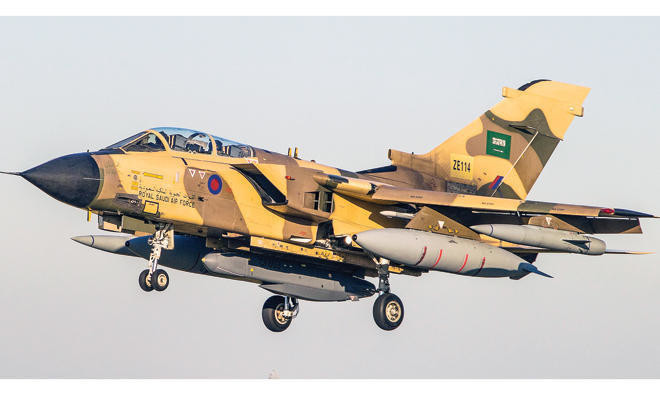
With regard to other countries, we can definitely say that Great Britain also sold its Storm Shadow for export to Egypt and Qatar, although here the details remain secret, it seems - precisely at the request of London.
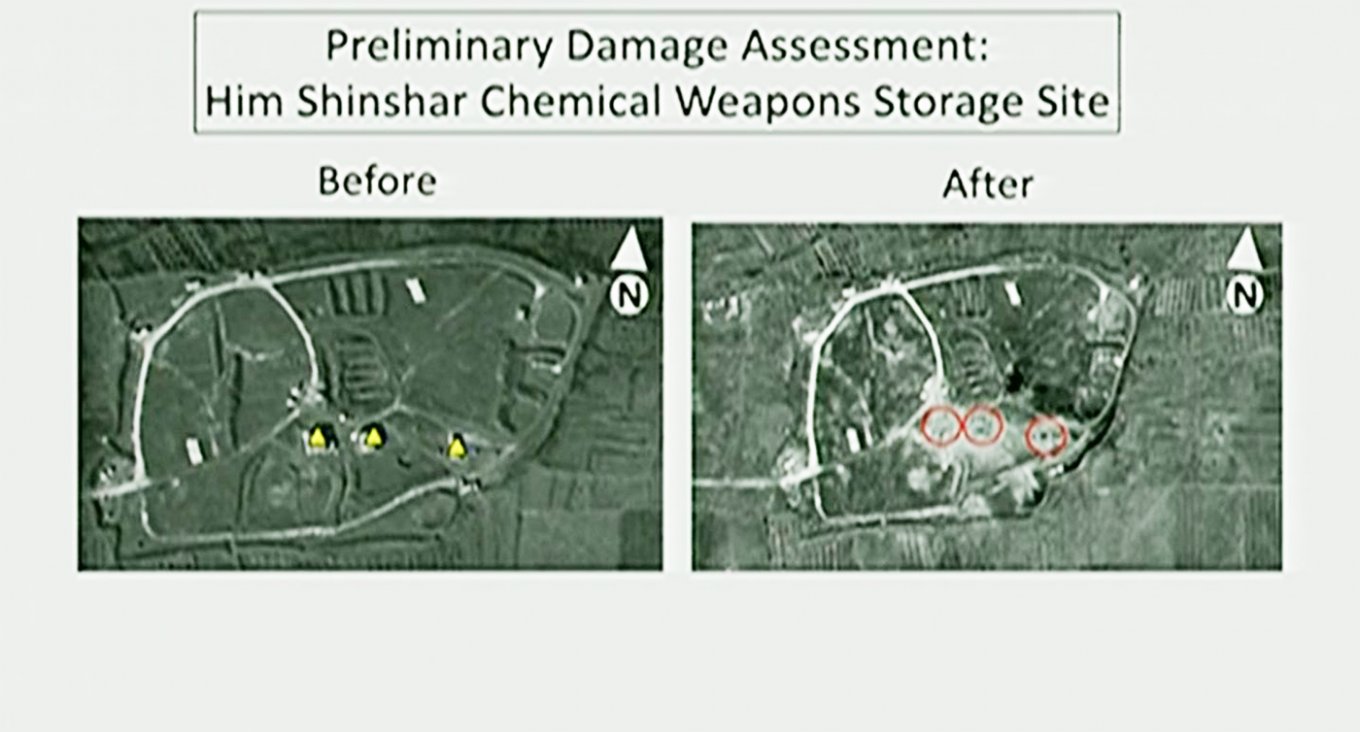
As for the " technical" aspect – it should be noted that there are very few images in the public domain that illustrate the results of using Storm Shadow. We can only cite the results of the massive missile strike, which was carried out by the USA, Great Britain and France on April 13, 2018, against the facilities of the chemical arsenal of the Bashar al-Assad regime in Syria. In that strike, the Allies used a total of 105 cruise missiles, eight of which were British Storm Shadows and nine French SCALPs.
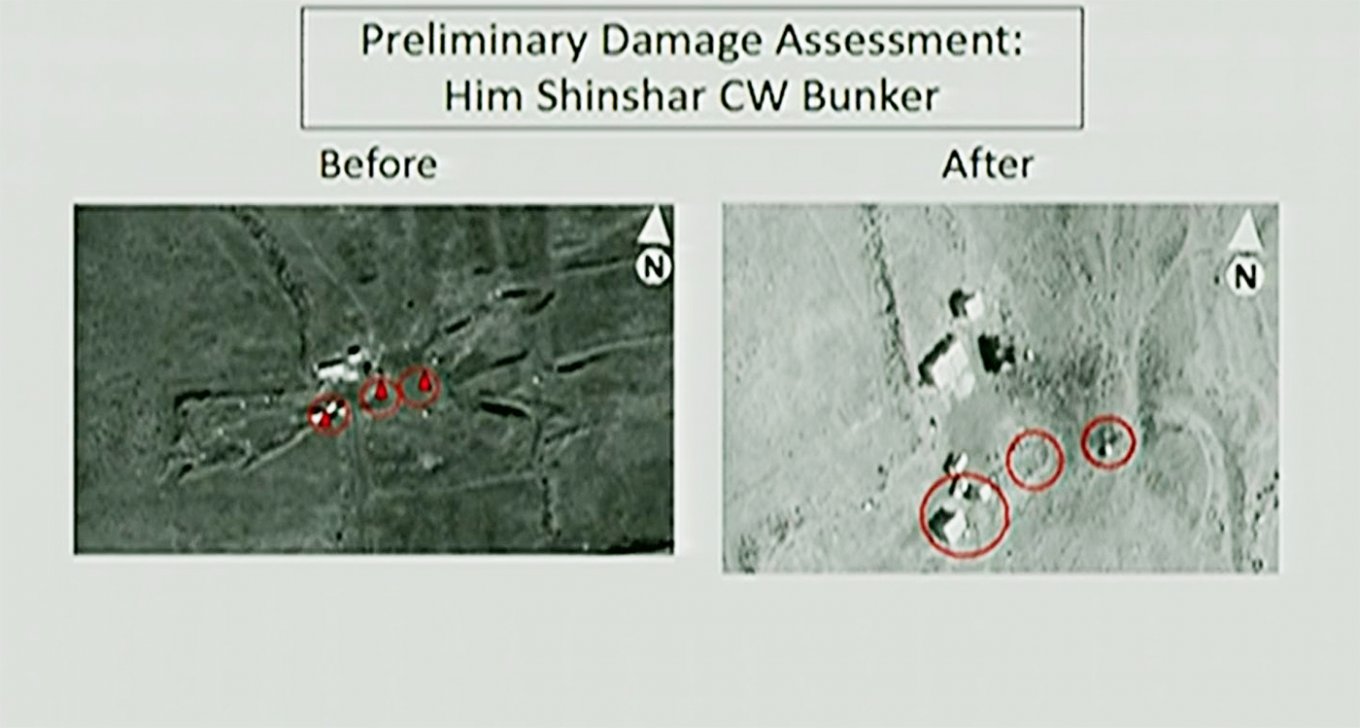
Even if the images of the results of the strikes given by the Pentagon "on hot tracks" during the briefing do not look high enough, they still clearly show how large-scale destruction the British Storm Shadow and its French counterpart can cause. This is expected in the near future for Russian military facilities that are used to wage war against Ukraine.
In the publications of the Western media, you can find the statement that, most likely, the Su-24M and/or Su-27 aircraft, which are at the disposal of the Air Force of the Armed Forces, were adapted for the launch of Storm Shadow. Such assumptions are based on the fact that only these aircraft have such "cargo-lifting" hardpoints that allow taking on board a cruise missile with a starting mass of up to 1500 kg, which allows the use of Storm Shadow.
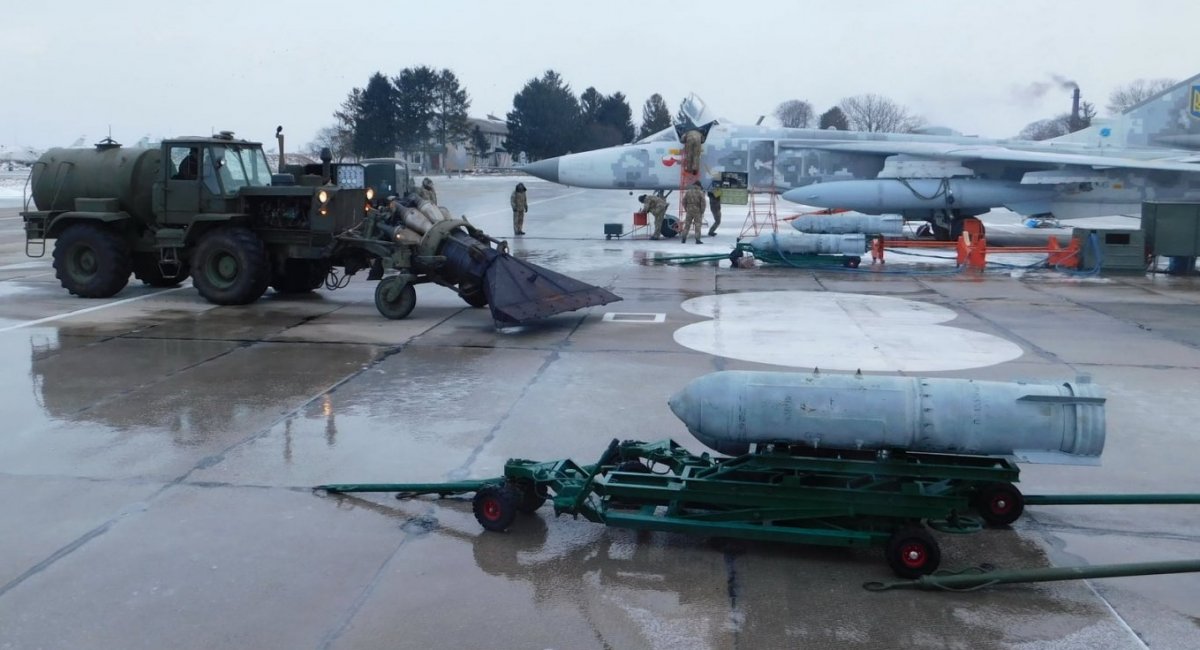
The adaptation of British missiles to Ukrainian aircraft can be facilitated by the fact that the coordinates of the target are entered into the Storm Shadow guidance system during the preparation of the missile on the ground, and during the flight there is no technical need for data exchange between the aircraft and the missile. In this case, the bomber or fighter serves only as a "flying platform" with which the missile is launched in the right direction - the rest of the work is done by the missile itself.
Read more: Game Changer From UK: Ukraine Gets Storm Shadow Stealth Missile From the Great Britain




